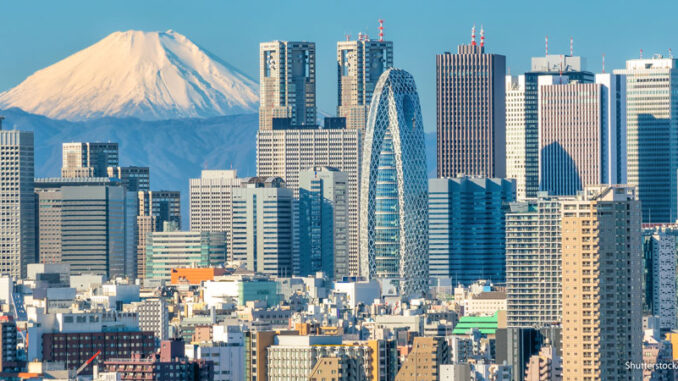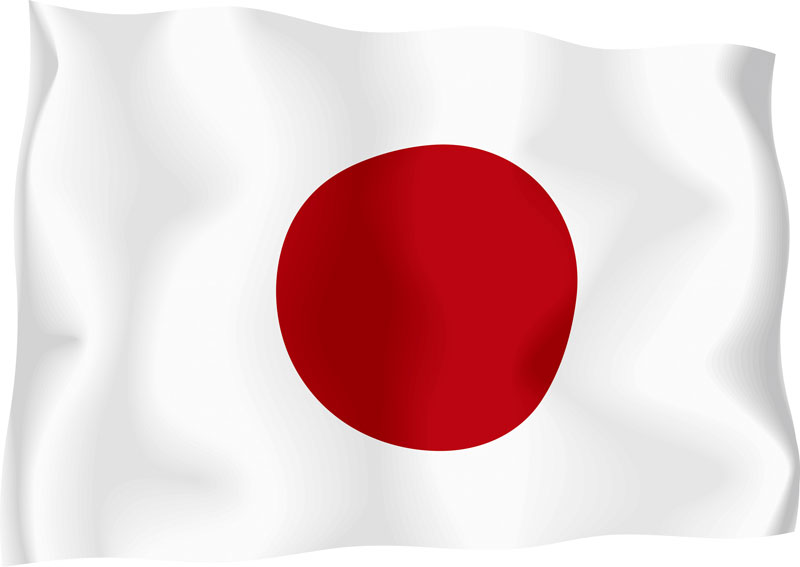
Emperor Akihito, the 125th emperor of Japan, is stepping down from the throne he has held since 1989. Why is this such significant news? Because Akihito is the first Japanese emperor in modern history (since about the mid-1800s) to abdicate, or leave, his throne. Here, btw takes a closer look at the decision, and at its significance to the Japanese people.
Who is Akihito?
Emperor Akihito is the son of Emperor Hirohito, whose name you may remember from your history classes as the leader of Japan during World War II. At that time, Akihito–born in 1933–was just a young child. Still, the expectation was that he would grow up to command Japan’s mighty military forces, and he was trained to do just that. However, Japan’s defeat in World War II led to a strong anti-war sentiment that turned young Akihito into a pacifist. As emperor, he apologized for Japan’s actions during the war (an action which angered many in the Japanese government). He also writes poetry and travels the world, praying for victims of natural disasters.

During his time as emperor, he also made several other surprising breaks with tradition. For example, he is the first Japanese emperor to have married a commoner. He also claims to have Korean ancestry and wishes to be cremated after his death. (Emperors are traditionally buried in imperial mausoleums).
Why Did He Decide to Step Down?
Emperor Akihito announced in a 2016 televised address that he is getting older (he is 85 this year), and his health and fitness are declining. However, Japanese Imperial Household Law states that a new emperor can only take over after the previous one passes away. So in 2017, the Japanese parliament passed a new law to make an exception for Akihito.
What is the Role of the Emperor, Anyway?
It’s complicated. Until the mid-1900s, the Japanese emperor was considered to be a divine being rather than a regular mortal. But World War II changed all of that. Emperor Hirohito admitted that he was a mortal, and the United States (while it was still holding military control of the country) drafted a postwar constitution that took away most of the emperor’s power. This made the emperor a figurehead leader with no official political power. On paper, the emperor’s jobs are mostly ceremonial. But even today, most Japanese people continue to treat the emperor with extremely high regard.
So What Happens Next?
Emperor Akihito has passed the throne to his son, (the now former) Crown Prince Naruhito. This ends Heisei, the official name of the postwar period that means “achieving peace.” Polls show that most Japanese citizens support this transition, though some experts are concerned that having the former and current emperor alive at the same time could create political instability.
Interestingly, Emperor Naruhito has three daughters but no sons, raising the question of whether Japanese Imperial law will need to be rewritten once again: this time, to allow women to inherit the throne.
